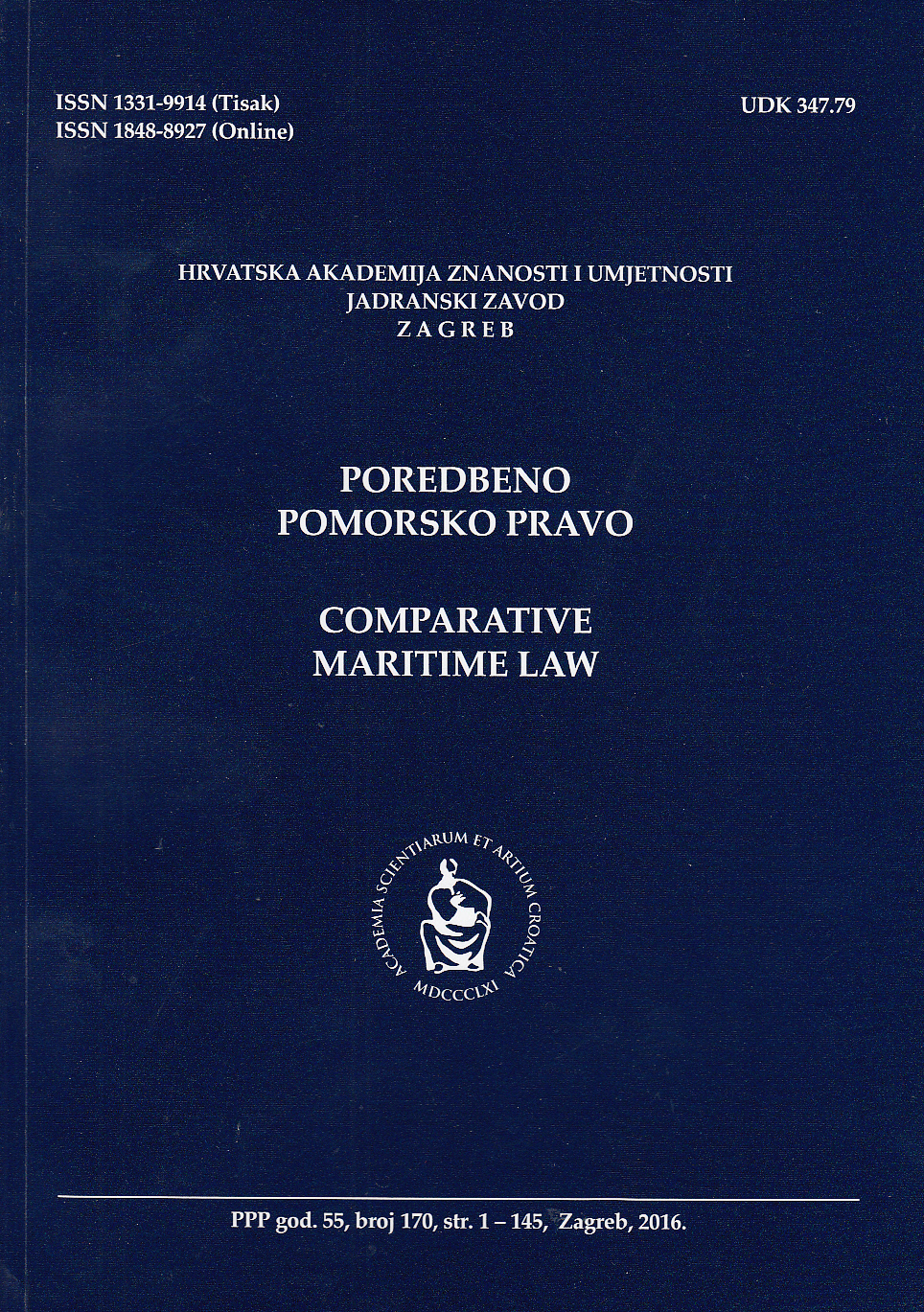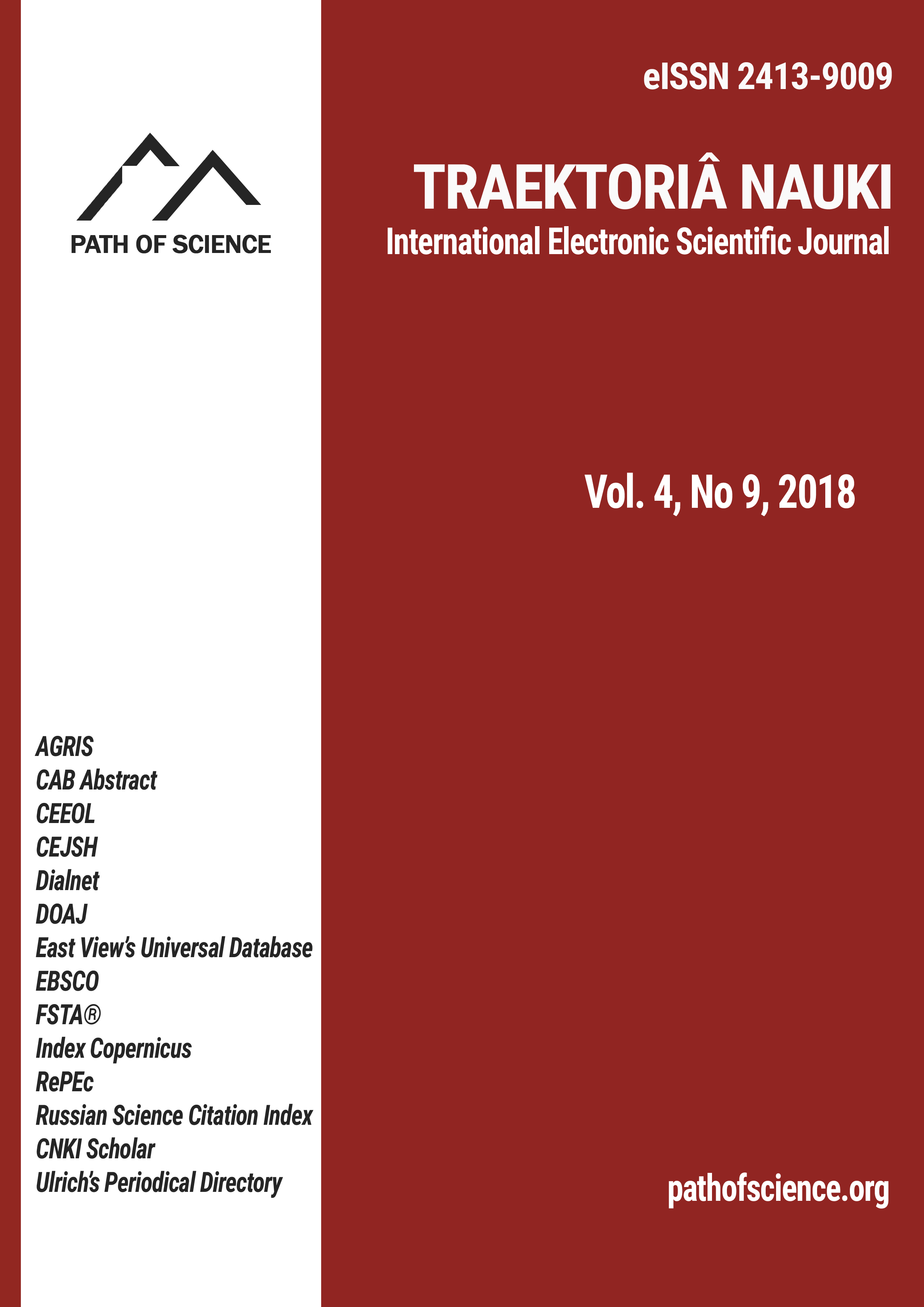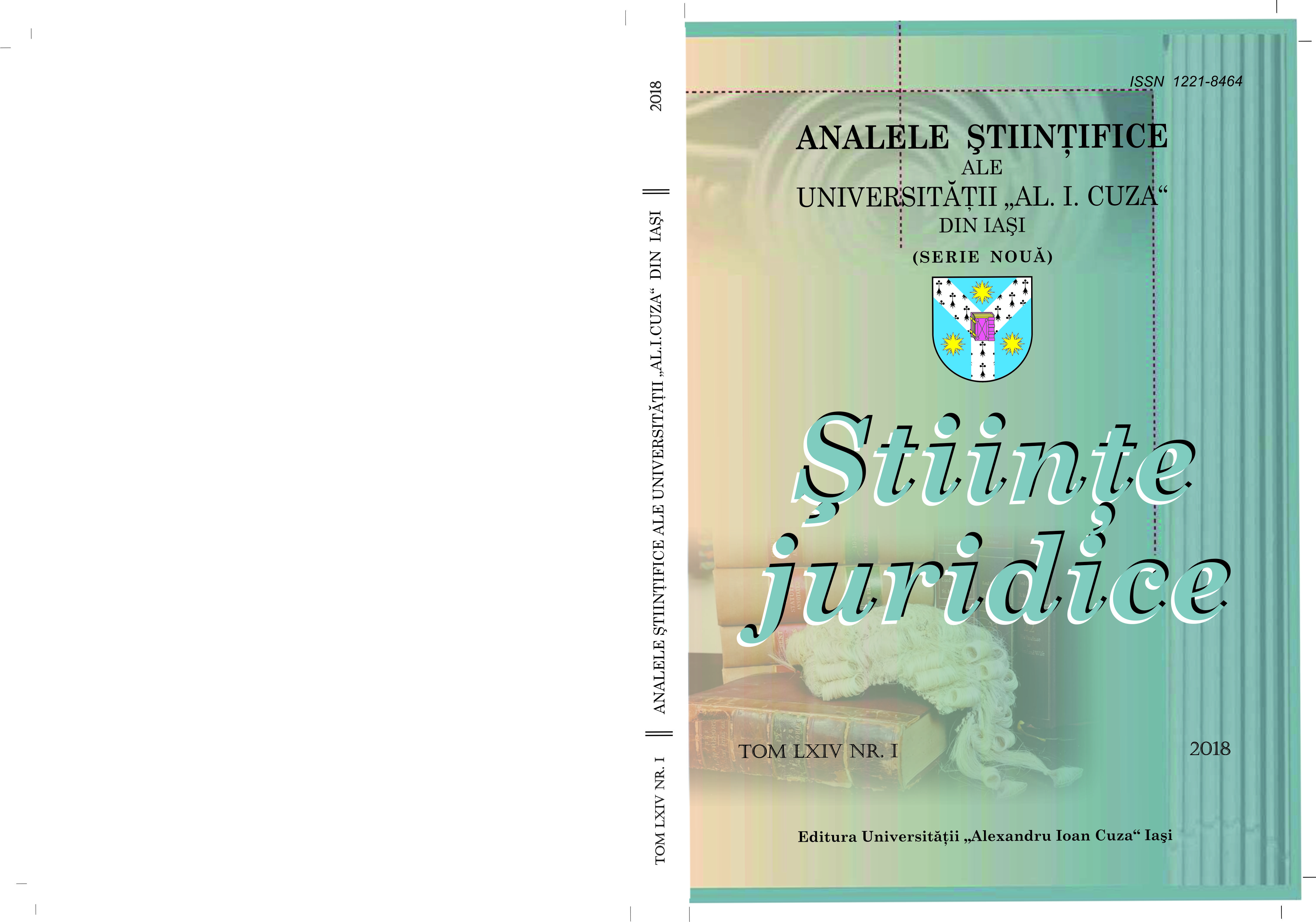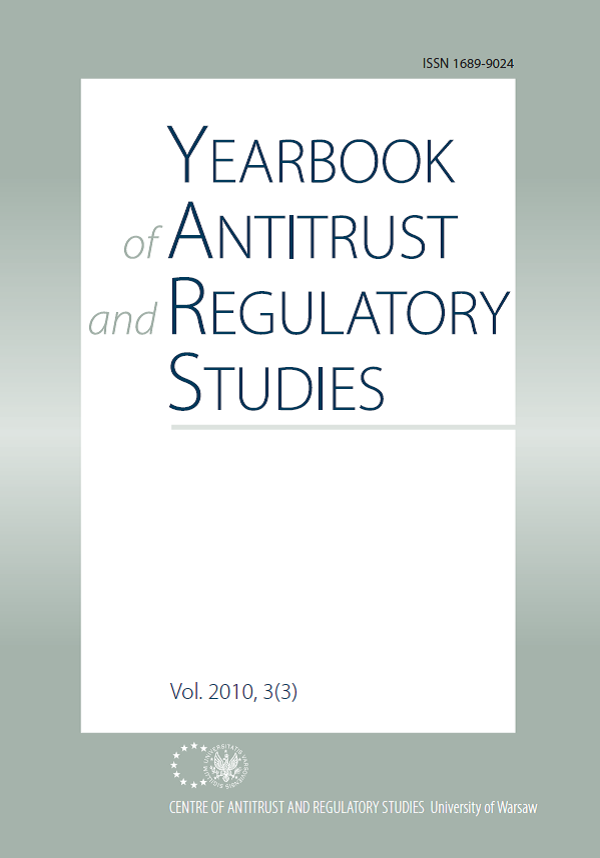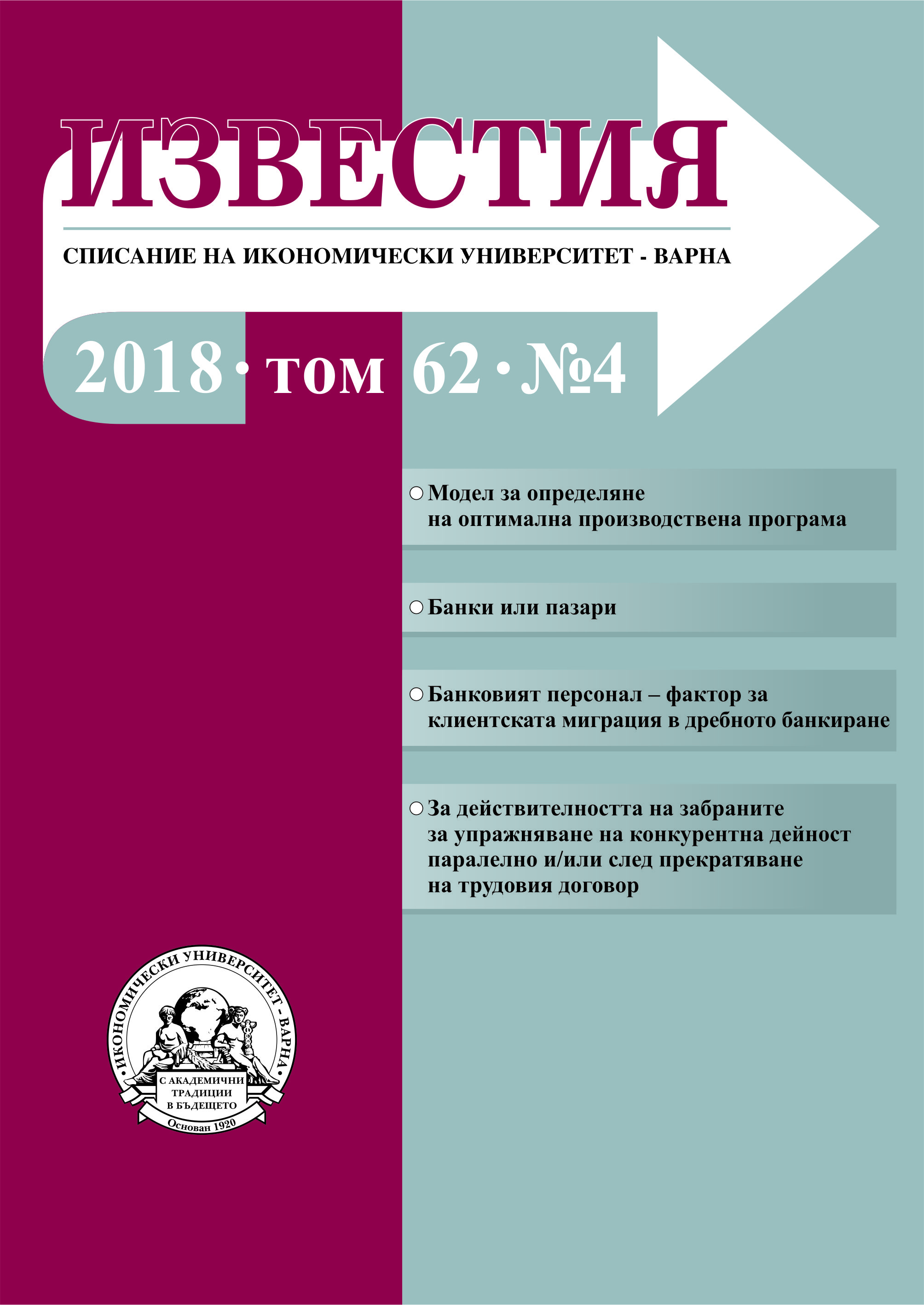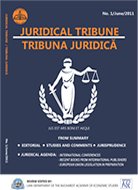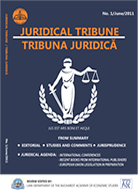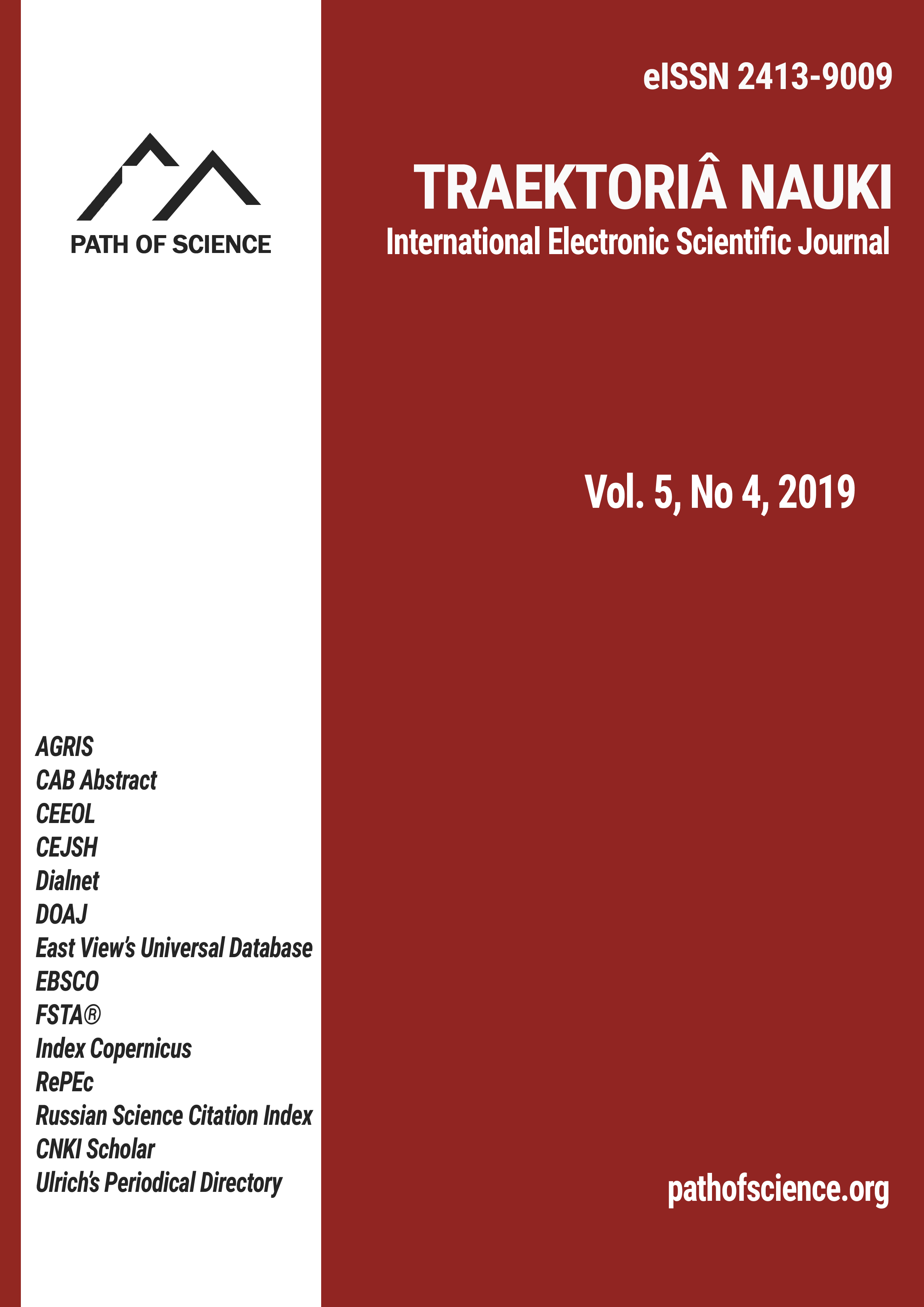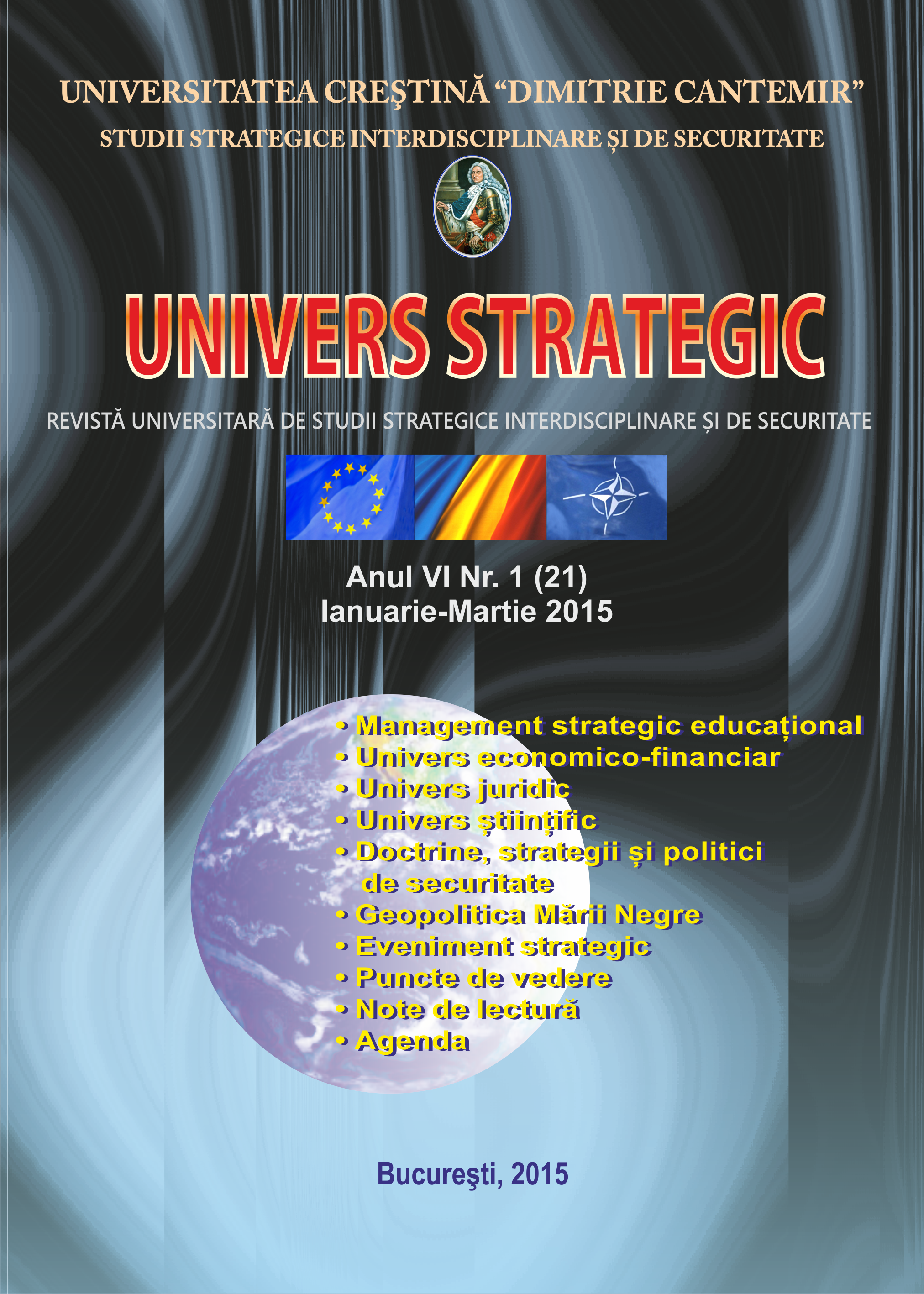
TEMEIUL JURIDIC AL PARTICIPĂRII ROMÂNIEI LA LIBERA CIRCULAŢIE A MĂRFURILOR ÎN SPAŢIUL UNIUNII EUROPENE
Romania's participation in the international trade in general is regulated by international agreements - multilateral and bilateral. Out of these categories of agreements, our study focuses on those to which Romania is a party, as member state of the European Union, agreements to which reference will be made during our brief presentation.
More...
